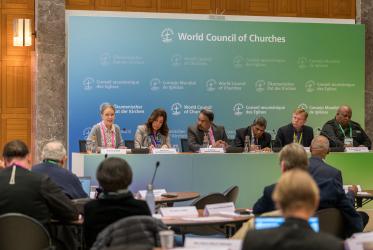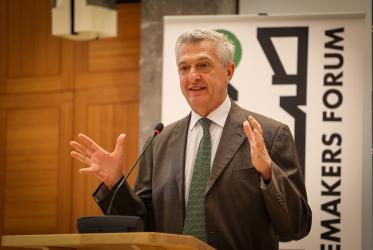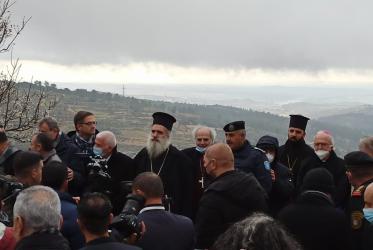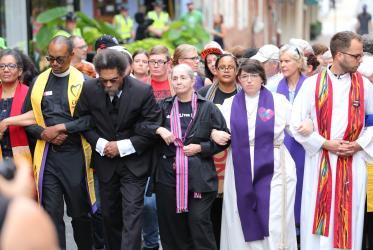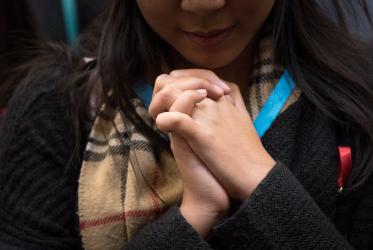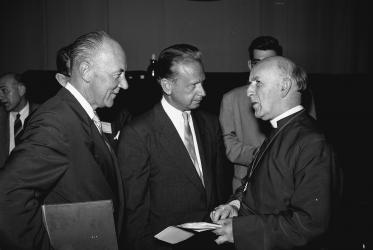Displaying 1 - 20 of 65
WCC condemns bombing of Makassar church in Indonesia
29 March 2021
WCC condemns recent extremist attacks around the world
03 November 2020
Freedom of religion rooted in justice
06 March 2020
CCIA meets in Brisbane with focus on Pacific regional priorities
19 February 2020
WCC condemns attack at Hanukkah celebration in New York City
29 December 2019
